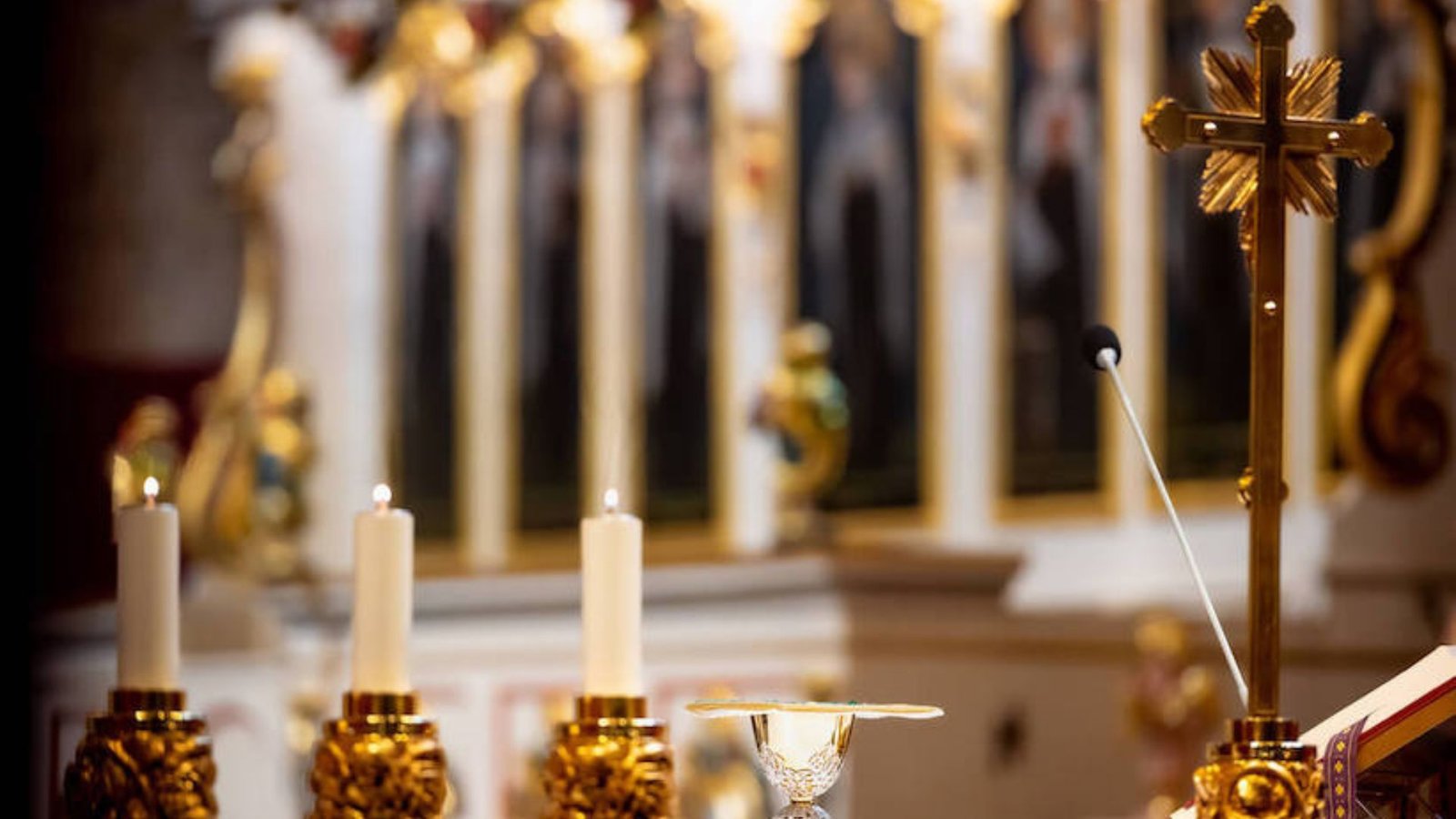Understanding non-denominational beliefs can be challenging due to the absence of a formal doctrine or creed that many traditional denominations have. However, the core principles often emphasize a personal relationship with God, reliance on the Bible, and a flexible, community-based approach to worship and church governance. In this article, we’ll explore the key beliefs of non-denominational Christians and how they differ from other Christian traditions.

What Are Non-Denominational Beliefs?
Biblical Authority
At the heart of non-denominational Christianity is a strong emphasis on the Bible as the sole authority for faith and practice. Non-denominational churches typically avoid extra-biblical traditions and place their primary focus on scripture.
This belief in biblical authority means that individual churches may interpret scripture differently. This leads to a diversity of practices among non-denominational congregations. However, the shared belief in the Bible’s authority provides a common foundation.
Personal Relationship with God
Another important aspect of understanding non-denominational beliefs is the emphasis on a personal relationship with God. Non-denominational Christians often prioritize individual faith journeys over formal rituals. Unlike some denominational traditions that may emphasize sacraments or rites, non-denominational believers focus on personal prayer, worship, and spiritual growth.
Simplicity in Worship
Many non-denominational churches are known for their simple and contemporary worship styles. This simplicity often reflects their desire to remove barriers between worshippers and God. Music, sermons, and services are generally less formal than in traditional denominations, which allows for flexibility in how worship is conducted.
How Do Non-Denominational Beliefs Differ from Denominational Churches?
Lack of a Central Governing Body
Unlike many traditional denominations such as Baptist, Methodist, or Catholic, non-denominational churches typically operate without a central governing body. This independence allows each church to function autonomously, making decisions about worship, leadership, and ministry based on their community’s needs and interpretation of the Bible.
Freedom in Doctrine
Because of this autonomy, there’s more freedom in doctrinal interpretation within non-denominational churches. This allows for a wider variety of beliefs and practices compared to more structured denominational churches. For instance, some non-denominational churches might lean towards charismatic practices, while others may have a more conservative approach to faith and worship.
The Role of Community in Non-Denominational Beliefs
Emphasis on Fellowship
Community plays a crucial role in non-denominational churches. Rather than following hierarchical structures, non-denominational Christians often view their church as a close-knit fellowship. This approach to community encourages active participation, where members take ownership of their church experience, often volunteering, leading small groups, or taking part in local outreach.
Local Mission Focus
Non-denominational churches often prioritize local missions and community outreach. Because of their flexible structure, they can adapt to meet the needs of their local community more readily. This focus on service is a hallmark of non-denominational belief, aligning with their emphasis on living out faith through action.
Challenges of Understanding Non-Denominational Beliefs
Variability Between Churches
One challenge in understanding non-denominational beliefs is the variability between churches. Without a formal creed or denominational guidelines, there can be significant differences between one non-denominational church and another. While this can offer freedom and adaptability, it can also lead to confusion for those looking for a consistent set of beliefs across non-denominational churches.
Navigating Doctrinal Differences
Because of the broad interpretive freedom in non-denominational churches, it’s important for individuals seeking to understand their beliefs to engage with church leadership. Many churches will offer new member classes or discipleship groups to help attendees understand their specific teachings and practices.
Conclusion
Understanding non-denominational beliefs requires exploring a church’s specific teachings while recognizing the central importance of biblical authority, personal faith, and community involvement. Though there may be variations between non-denominational churches, the emphasis on a personal relationship with God and the simplicity of worship are common threads. To fully grasp the beliefs of a non-denominational church, it’s crucial to engage directly with that community, participate in its fellowship, and study scripture together.











